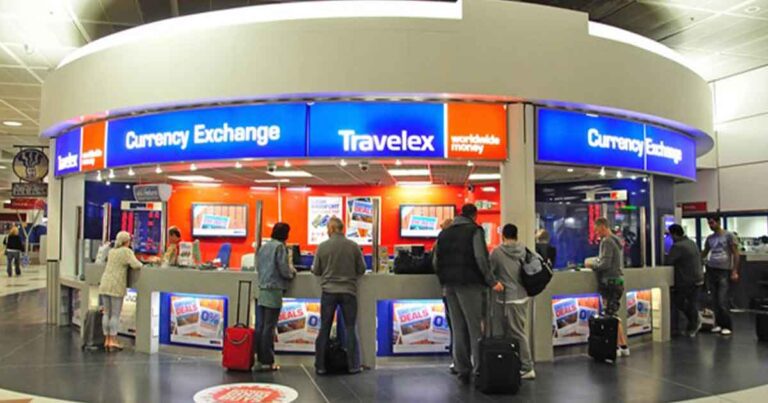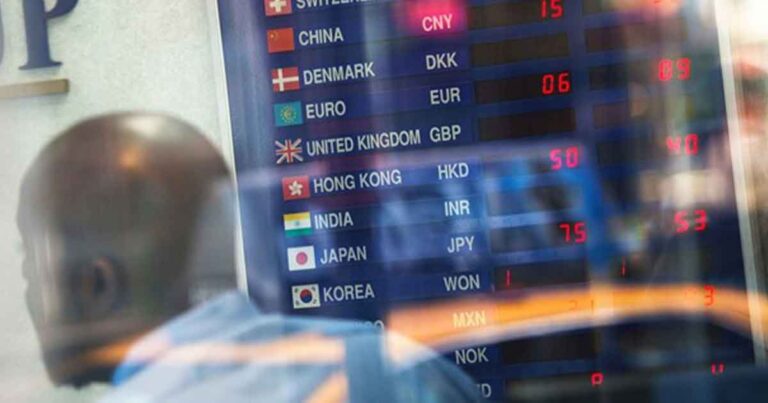Many businesses interact with clients from different countries, individuals often transact with parties overseas, and traders invest in foreign exchange markets. However, many of these individuals are unaware of the inherent risks involved in currency exchange. These risks can lead to significant financial losses if not properly managed or mitigated. Currency exchange risks, also known …










